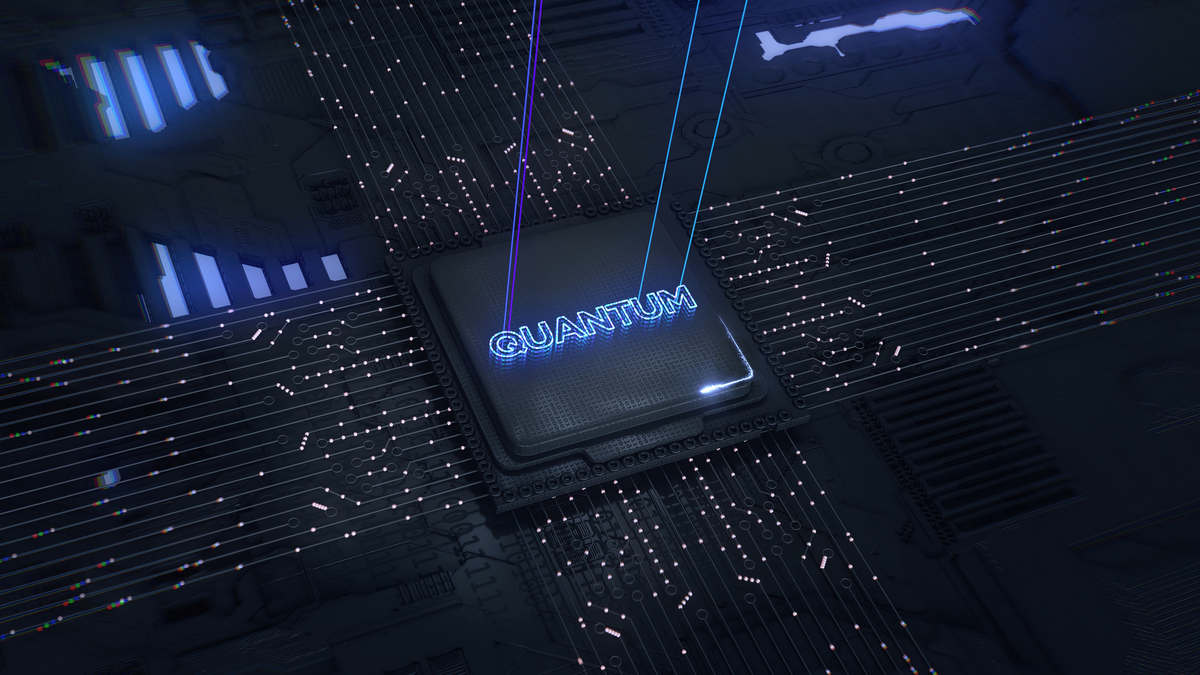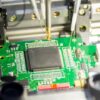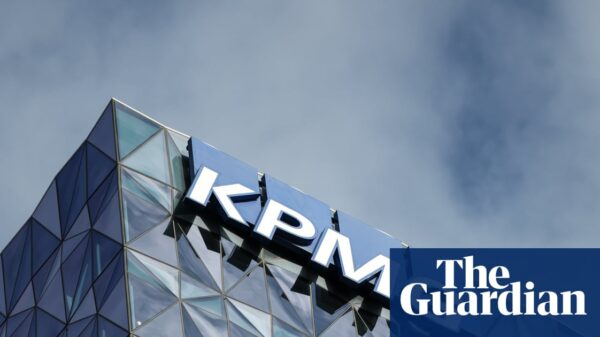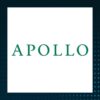The potential of quantum computing to revolutionize the AI landscape is becoming more evident as companies like D-Wave Quantum and IonQ push the boundaries of technology. The AI market is currently experiencing explosive growth, demanding vast computing power to fuel its evolution. Quantum computers, with their unique properties derived from quantum mechanics, may offer the solution needed for such advancements.
For instance, D-Wave Quantum recently demonstrated its capabilities by solving a complex problem in minutes that would take classical supercomputers a staggering million years, combined with the annual electrical consumption of today’s most advanced systems. This remarkable feat underscores the transformative potential of quantum technology in AI applications.
But D-Wave is not alone in this competitive arena. IonQ claims to be the only pure-play quantum platform company, positioning itself as a formidable rival. The ongoing competition between these two companies is pivotal for investors contemplating the future of AI and quantum computing.
The Quantum Edge of IonQ
IonQ’s quantum machines have showcased their ability to accelerate data processing while also improving accuracy compared to classical computers. In experimental scenarios, IonQ’s technology demonstrated significant energy savings, crucial for AI applications that require heavy data analysis.
One of IonQ’s notable achievements was its ability to enhance a sparse dataset, enabling AI to identify reliable engine components for a major automotive company. Additionally, IonQ is pioneering efforts to establish a quantum-based internet, having implemented a citywide quantum network in Geneva, Switzerland this year.
While a network of quantum computers offers the computational scale necessary for AI, the technology still faces challenges. Notably, quantum machines tend to have high error rates, necessitating continuous error correction. IonQ has made strategic acquisitions, including Oxford Ionics, which holds the world record for quantum machine accuracy, to address these challenges.
D-Wave’s Hybrid Approach to AI
In contrast, D-Wave is leveraging a hybrid model that combines classical computing with quantum devices, enhancing AI capabilities. Focusing on a technology known as annealing quantum computing, D-Wave excels in optimization tasks essential for AI model development. This approach allows it to sift through numerous possibilities to pinpoint optimal solutions.
According to D-Wave Vice President Irwan Owen, the company aims to create scalable, hybrid solutions that could redefine the potential of science and business. This hybrid approach was recently applied to AI-driven drug discovery for a Japanese pharmaceutical company, yielding results that surpassed those achieved with classical computing alone.
D-Wave has also launched a quantum toolset designed for AI software development, integrating its quantum computers with popular frameworks used in AI training and construction, further bridging the gap between quantum and classical computing.
Investing in Quantum Futures: IonQ vs. D-Wave
As quantum computing continues to evolve, both IonQ and D-Wave present intriguing investment opportunities, albeit with notable risks. IonQ reported third-quarter sales of $39.9 million, significantly outperforming D-Wave’s $3.7 million. However, neither company has achieved profitability, with IonQ reporting an operational loss of $168.8 million compared to D-Wave’s $27.7 million loss.
To bolster their operations, IonQ executed a $1 billion equity offering in July and another for $2 billion in October, while D-Wave raised $400 million over the summer. These funds will support their operations in the short term, but the long-term viability of either company remains uncertain due to their modest revenue streams and the nascent state of quantum technology.
Examining their stock valuation reveals important insights. IonQ’s price-to-sales (P/S) ratio has fluctuated but is currently lower than D-Wave’s, indicating that IonQ may represent a better value in the market despite its higher sales multiple. Nevertheless, with a P/S ratio exceeding 100, shares of both companies are considered expensive.
Given IonQ’s advancements, including the establishment of a quantum network in Geneva and its higher revenue generation compared to D-Wave, IonQ emerges as the more favorable choice for investors looking to capitalize on the growth of AI through quantum computing.
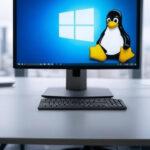 Microsoft Acknowledges AI Backlash as Users Shift to Linux Amid Windows 10 Support End
Microsoft Acknowledges AI Backlash as Users Shift to Linux Amid Windows 10 Support End 47% of Indian Enterprises Deploy Generative AI but 95% Limit Budget to Under 20% of IT Spend
47% of Indian Enterprises Deploy Generative AI but 95% Limit Budget to Under 20% of IT Spend AI Researchers Achieve First 100-Billion-Star Milky Way Simulation in Just 115 Days
AI Researchers Achieve First 100-Billion-Star Milky Way Simulation in Just 115 Days AI Expert Christopher DiCarlo Warns: AGI Could Surpass Human Intelligence in 2-5 Years
AI Expert Christopher DiCarlo Warns: AGI Could Surpass Human Intelligence in 2-5 Years Google Announces $40 Billion Investment in Texas for 3 New AI Data Centers by 2027
Google Announces $40 Billion Investment in Texas for 3 New AI Data Centers by 2027





















































